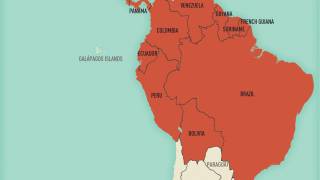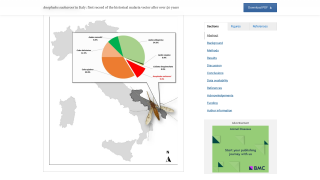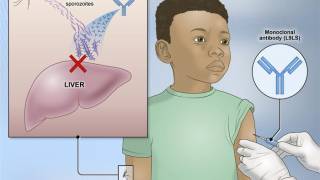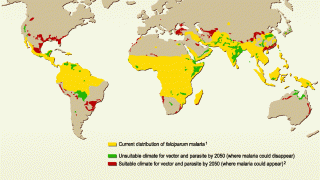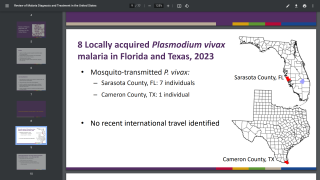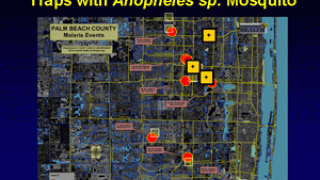7.2 Million Malaria Cases Confirmed in the Republic of Burundi

The outbreak of malaria in the Republic of Burundi is ongoing, with a persistent high-incidence of cases, reported by the World Health Organization (WHO).
Since the WHO’s last report on August 11, 2019 (bulletin #32), more than 1,500,856 new malaria cases, and 836 related fatalities have been reported in Burundi.
In total, from January to October 20, 2019, the WHO has confirmed 7,233,138 malaria cases with 2,691 fatalities across Burundi.
To alert international travelers, the US Centers for Disease Control and Prevention (CDC) issued a Level 1 Travel Alert for the Republic of Burundi on August 22, 2019. The CDC says medical services in Burundi fall well below U.S. standards, and there are no adequate trauma services in the country.
Burundi is a landlocked country with about 12 million residents, located in the African Great Lakes region, where East and Central Africa converge.
The CDC says travelers to Burundi should also take steps to prevent mosquito bites by using insect repellent and wearing protective clothing when outdoors.
Furthermore, if malaria prevention medicines are needed the Malaria Information by Country Table lists the CDC-recommended options. For many destinations, there are multiple options available.
And, travelers who develop a fever while in Burundi or after traveling to Burundi should seek medical care immediately. Without prompt diagnosis and treatment, malaria can rapidly progress to severe illness and death.
Most years, about 1,700 cases of malaria are diagnosed in the USA, mostly in returned travelers.
Malaria is a disease caused by a parasite that spreads to humans through the bite of an infected mosquito. Early symptoms of malaria resemble those of the flu, including fever, chills, sweats, headache, vomiting, and body aches.
Furthermore, the CDC says the drugs used to prevent malaria are not 100 percent effective. The resistance to chloroquine is high in Burundi, so travelers should use daily atovaquone-proguanil, daily doxycycline, or weekly mefloquine to prevent malaria.
Regarding additional health risks to Burundi visitors, the CDC suggested on July 8, 2019, that visitors are current with certain vaccines, such as Routine Vaccines and the measles-mumps-rubella (MMR) vaccine.
And, the yellow fever virus is a risk in certain parts of Burundi, therefore, the CDC recommends a yellow fever vaccine, such as Stamaril, for travelers 9 months of age or older to these areas.
From a security perspective, on June 12, 2019, the US Department of State issued a Level 3 Travel Advisory for Burundi. This Advisory said ‘There are ongoing political tensions in Burundi, causing sporadic violence throughout the country. Police and military checkpoints are common and can restrict freedom of movement.’
And, the U.S. government has limited ability to provide emergency services to U.S. citizens in Burundi, since U.S. embassy personnel are subject to restrictions when traveling in certain areas of Burundi and may be subject to other constraints as security conditions warrant.
The U.S. Embassy in Burundi is located in Bujumbura, at Avenue Des Etats-Unis. The email is [email protected]
Additionally, both the Canadian and United Kingdom governments have issued similar ‘do not travel’ advisories for Burundi.
The UK’s Foreign and Commonwealth Office (FCO) advise against all travel to:
- Cibitoke and Bubanza provinces
- areas of Bujumbura Rural province west of the Rusizi river towards the Democratic Republic of Congo border, with the exception of the Rusizi Delta Nature Reserve
- the road north of Bujumbura airport towards Cibitoke
- the main road running west from Kayanza through the Kibira National Park
- Ruvubu National Park
For anyone departing from the USA, pre-departure vaccination services, related travel medications, and counseling appointments can be scheduled with a local pharmacy by visiting Vax-Before-Travel.
Travel vaccine news is published by Vax-Before-Travel.
Our Trust Standards: Medical Advisory Committee











